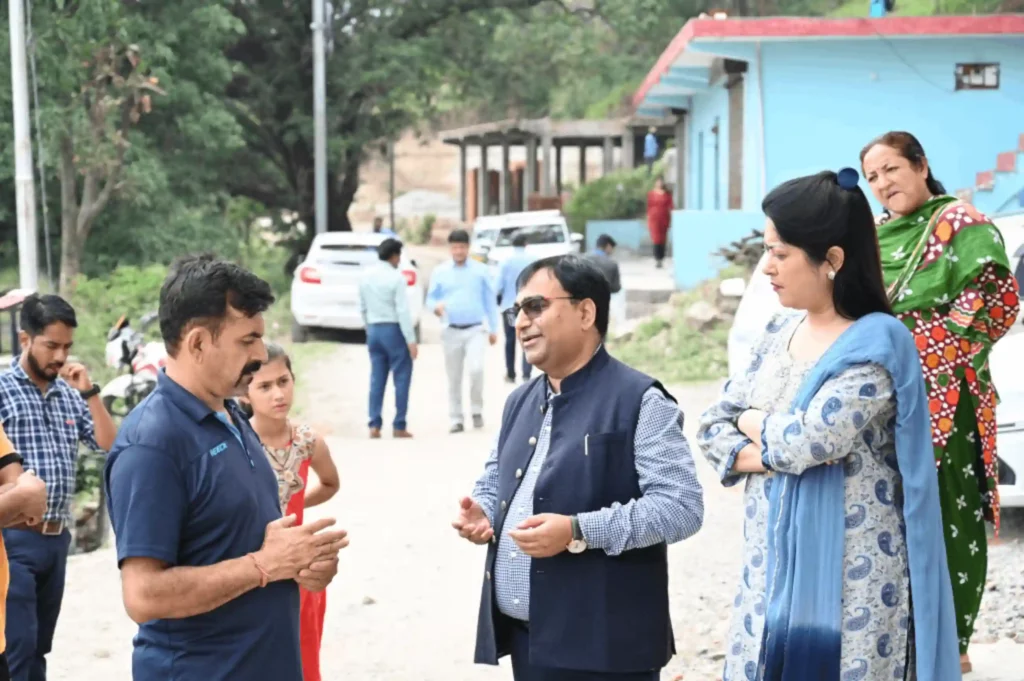- info@satyashaktifoundation.org
- Mon - Sat: 09.30 AM - 06:30 PM
WOMEN’S HEALTH AND REPRODUCTIVE RIGHTS

Women’s health and well-being Reproductive rights are necessary for every woman to enjoy their human rights. The legal right to contraception, abortion, fertility treatment, reproductive health, and access to information about one’s reproductive body are all examples of reproductive rights. The ability to choose whether and when to have children is important to women’s socioeconomic well-being and overall health. According to research, being able to make decisions about one’s own reproductive life is beneficial. The Indian Constitution recognizes reproductive rights as fundamental rights that the government is obligated to uphold, such as the right to equality and non-discrimination (Articles 14 and 15) and the right to life (Article 21), which is interpreted by jurisprudence to include the rights to health, dignity, freedom from violence and ill-treatment.
Tarozzi’s 2012 study discovered that early adolescents’ nutritional intake was roughly equal. However, the rate of malnutrition increases for women as they reach adulthood. Many women in India die or are permanently disabled because of pregnancy-related complications because they are unable to protect their reproductive health. Among developing countries, India has one of the highest rates of malnourished women.
Why women’s health is important?
Women are the foundation of a family’s overall health; ensuring their access to quality care can also lead to better health for children and families. The health of families and communities is inextricably linked to the health of women.
Women play an important role in ensuring the health and well-being of their communities. However, because women play many roles, they are often preoccupied with the health of their spouse or children, while neglecting their own needs. As a result, it is essential that women take the time to take care of their own health. In fact, with proper woman’s treatment as a priority, several illnesses affecting women can be prevented.
There are important preventative health care steps to take at each stage of a woman’s life to provide early detection of medical problems. Many women may disregard healthcare tests for several reasons.
After devoting so much energy to caring for the lives of others, it is time for women to show the same level of concern for themselves.
Current scenario
Currently, women in India face several health issues, which have an impact on the overall output of the economy. Because of biological and gender-related differences, being a man or a woman has a significant impact on health. Women’s and girls’ health is of great concern because they face discrimination based on sociocultural factors in many societies. For example, women and girls are more vulnerable to HIV/AIDS.
- Gender discrimination between men and women is one of the sociocultural factors that prevents women and girls from receiving quality health care and attaining the best possible level of health.
- social norms that limit educational opportunities and paid employment
- Lack of knowledge about reproductive rights
- Domestic violence
What are the most common women’s health issues?
Women’s sexual and reproductive health issues are associated with different life stages, including:
- HIV/AIDS
- Endometriosis, Polycystic ovary syndrome
- Polycystic ovary syndrome
- Uterine Fibroids
- Abortion
How can we improve women’s health?
To improve women’s health, we must address issues such as reproductive health, maternal mortality, malnutrition, and non-communicable diseases by providing quality and affordable health care through universal health coverage.
Women are important members of our communities. Healthy women will ensure a healthy family, community, and country.
Conclusion
Health is an important factor in human well-being and socioeconomic growth. A society affirms her freedoms and equality by ensuring access to the full range of reproductive care, from contraception to abortion.
Improving access to contraception reduces unwanted pregnancies and lowers abortion rates. Legalized, accessible abortion is safer, resulting in fewer infections, scars, and a lower risk of death, as well as healthier subsequent pregnancies.
- Improving access to abortion reduces women’s emotional and physical suffering.
- Access to high-quality prenatal care
- Increasing women’s health and reproductive rights awareness
- Women should be able to make their own body decisions and live their lives without interference from others.
Subscribe
Subscribe to our newsletter for the latest update.
Contact Us
- DPT 004, Ground Floor, DLF Prime Towers, Block- F, Okhla Phase-1, New Delhi- 110020 India
- +91-011 408 45450
- info@satyashaktifoundation.org
- Mon - Sat: 09.30 AM - 06:30 PM
-
© Copyright 2023 SATYA Shakti Foundation, All Rights Reserved. Developed By Kitoinfocom Pvt Ltd



Leave a Reply